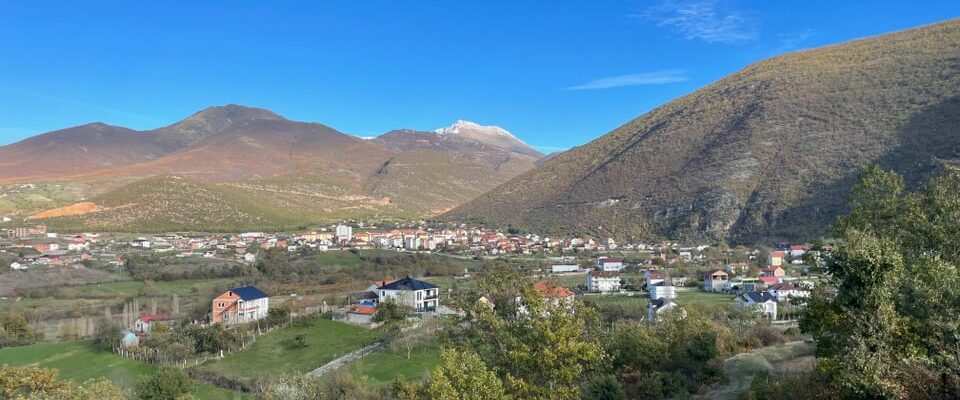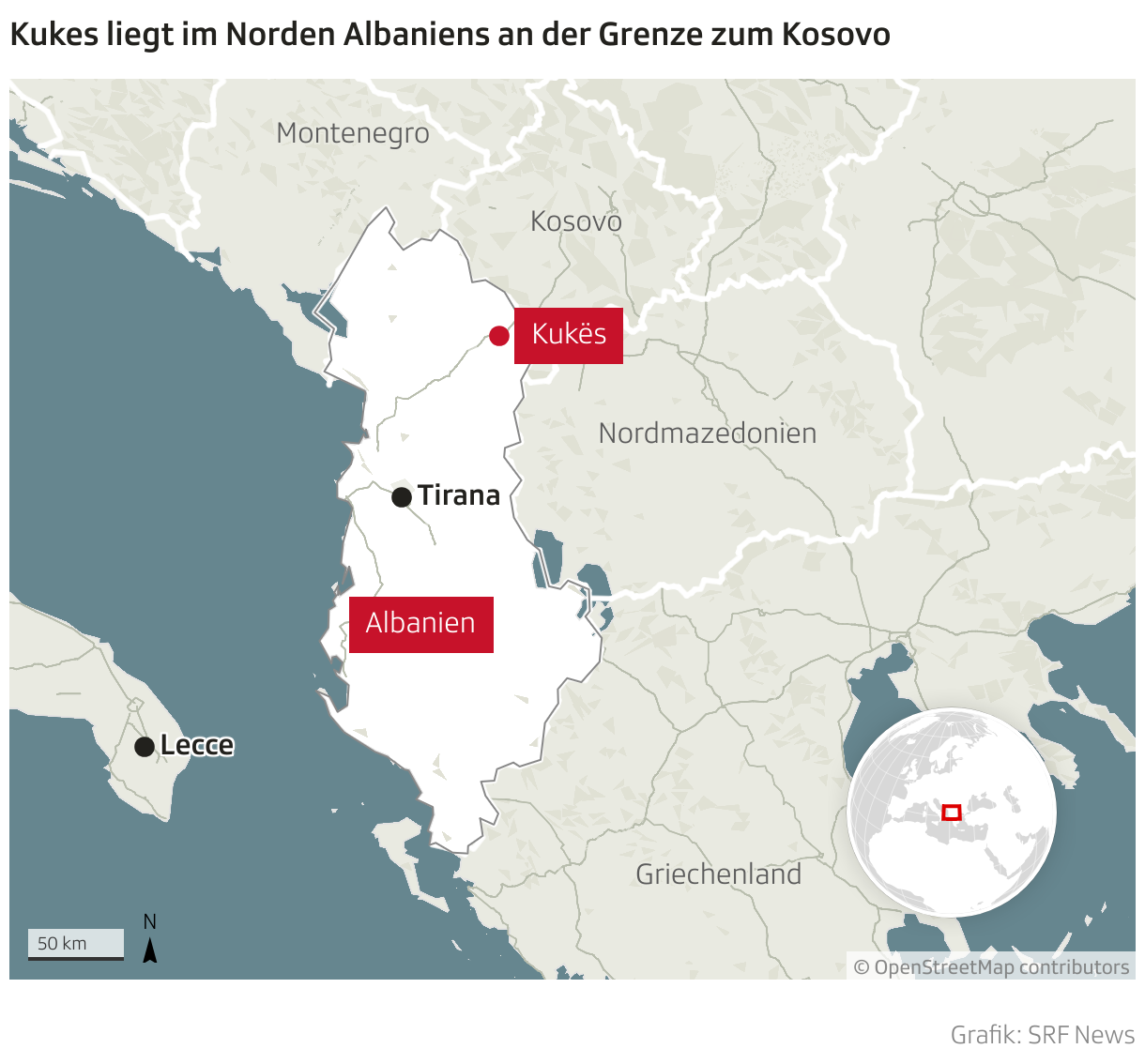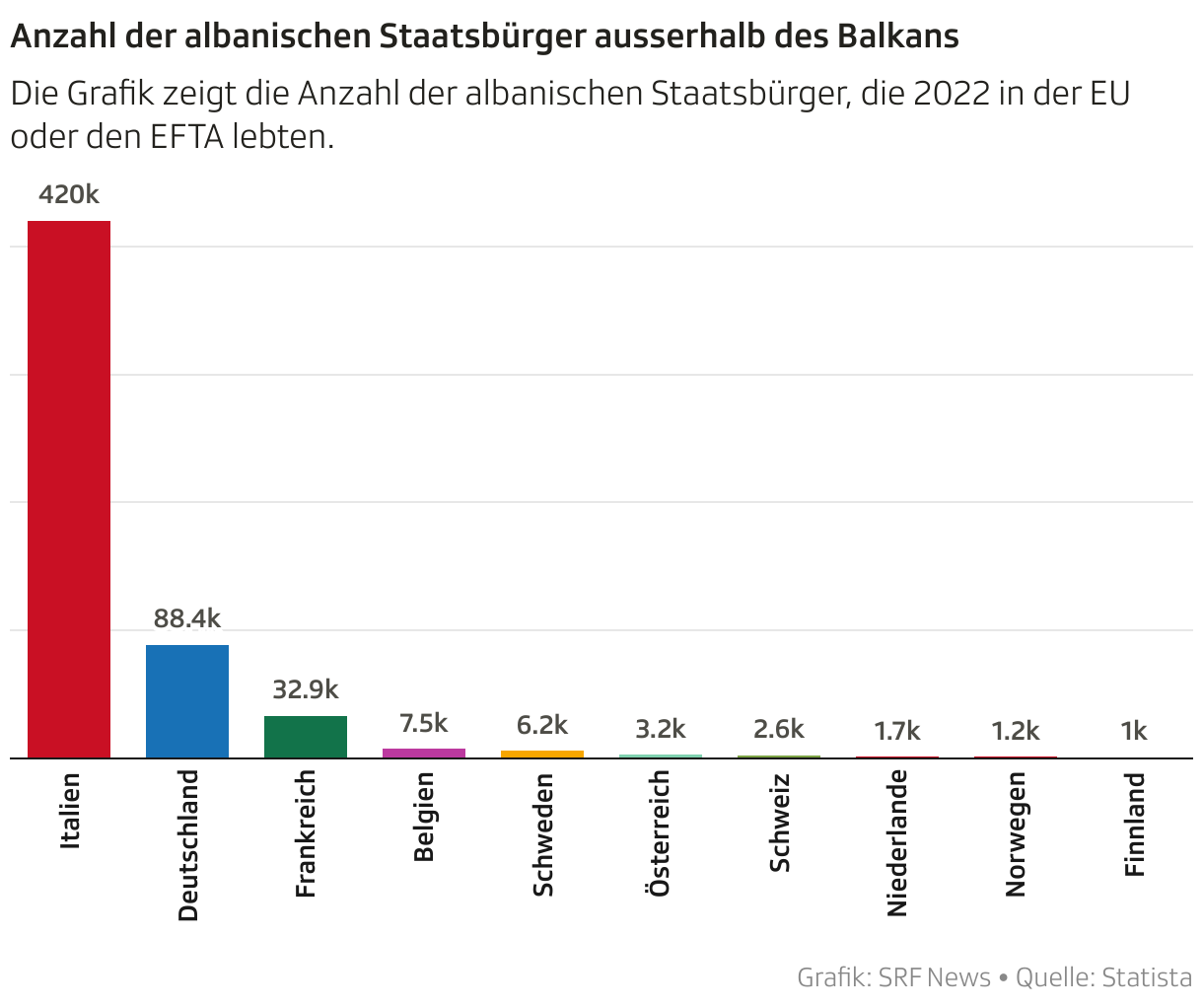He knows many who have left. Cousins, friends: Some have returned, others are still there, says the pizzaiolo at a restaurant in the manageable center of the small town of Kukes.
Legend:
The area surrounding Kukes is characterized by small villages. The migration is particularly noticeable here. Many towns appear to be extinct; it is mainly the old people who remain behind.
Kushtrim Kadriu
The people he is talking about left for Great Britain. About a year and a half ago, many men, especially young men, made their way there from Kukes.
The role of social media
While smuggling gangs previously charged tens of thousands of euros for the journey from Albania to Great Britain, after the corona pandemic it only cost a few thousand euros. This sudden drop in costs has triggered a real hype.
The people smugglers advertised their offers on the video platform Tiktok. At times, most illegal migrants in the UK came from Albania.
The young pizza baker also confirms that social media plays an important role: “Everyone there looks rich.” Chic restaurants, fast cars: After arriving in Great Britain, many people apparently live in wealth.
But that is often not the truth. Indebted during the crossing, many ended up in the hands of criminal gangs upon arrival. The same thing happened to two of his cousins: one is now in prison, the other had to work on a hemp plantation, but has now found a legal job.
Understanding for those who leave
The hype has now died down a bit. But many young people still want to leave. “There is nothing for the boys to do here. You can play pool or Playstation, hang out in cafes. The wages are very low and are barely enough for an individual, let alone a family.”
The baker himself had already been offered a trip to Great Britain, but he decided to stay.
Decades of migration
The small town of Kukes forms the center of a rural region in northeast Albania. It’s a poor area. The surrounding villages appear partly deserted. There are only a few shops, restaurants or other meeting places.
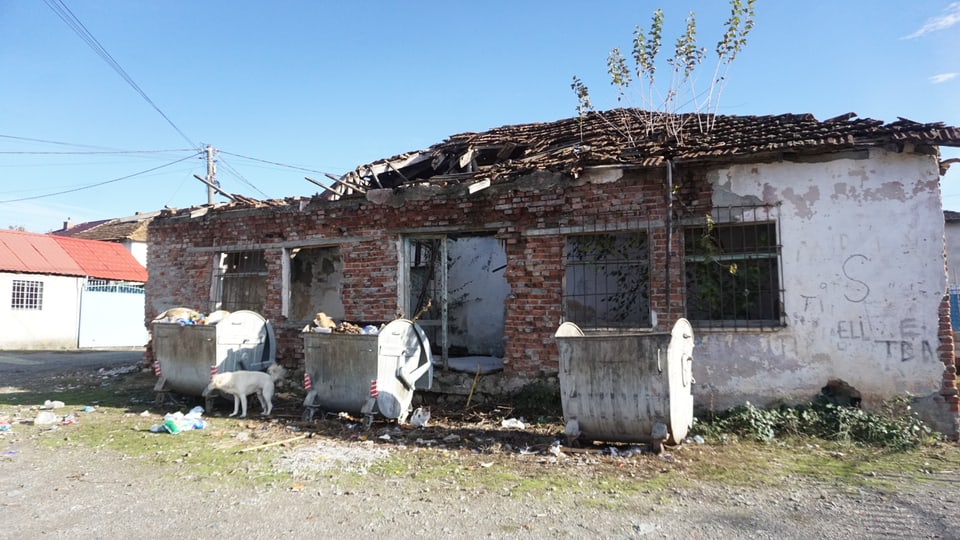
Legend:
The Kukes region is a poor and rural area. Many houses in the surrounding villages are empty or in disrepair.
Kushtrim Kadriu
Many houses are empty or in disrepair. These are the traces of a decades-long migration history that extends far beyond the Kukes region.
Mass emigration began in 1991 after the end of communism. Before that, Albania was one of the most isolated countries in the world for decades. The borders were closed in all directions. When they finally opened up after the dictatorship, many people couldn’t wait. Within the first few months, tens of thousands of people rushed to migrate to neighboring Italy and Greece.
This migration has never stopped. Albania has one of the highest emigration rates in the world. In the last 30 years, over a million people have left the country, out of a population of just under three million. Only the destination countries have changed: most people are now heading to Western Europe.
What is also new is that many well-trained people are now leaving. That group of society that should actually have good prospects. But 40 percent of everyone who left Albania in the last ten years has a university degree.
Health sector particularly affected
Skhelzen Ibra feels what that means every day. The 55-year-old works as a doctor in a regional hospital, which is about an hour outside of Kukes. Some of the doctors who work here have actually been retired for a long time, he says. But they continued because there was a lack of offspring. They can hardly find any nurses anymore either; the temptation to emigrate is too great.
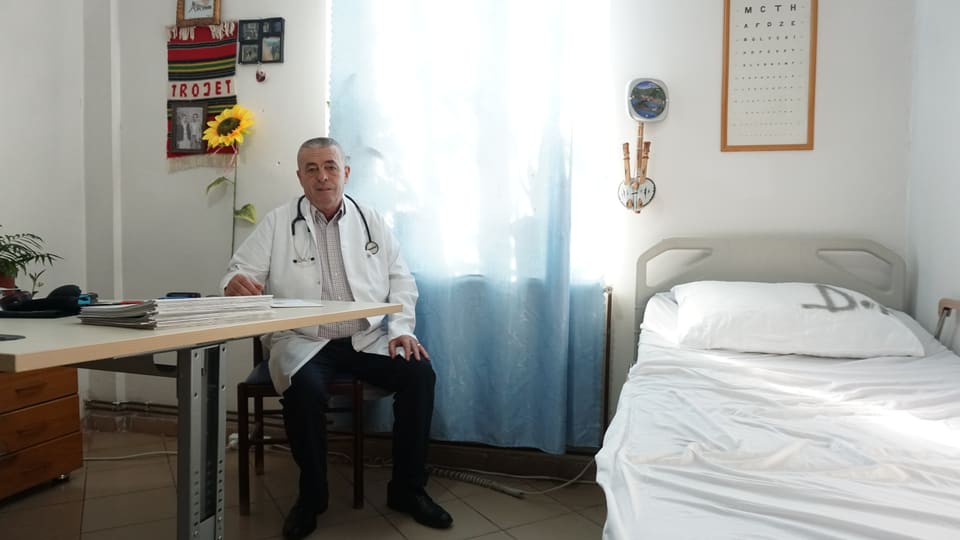
Legend:
The pulmonologist Shkelzen Ibra in his practice. The 55-year-old and five colleagues are responsible for medical care for the entire region with around 20,000 residents.
Kushtrim Kadriu
“Specialists in Albania get less than 1,000 euros a month. And that after years of training. Is it any wonder that many people prefer to go to Germany.” He is afraid of what will happen when he and the other remaining doctors are too old to continue.
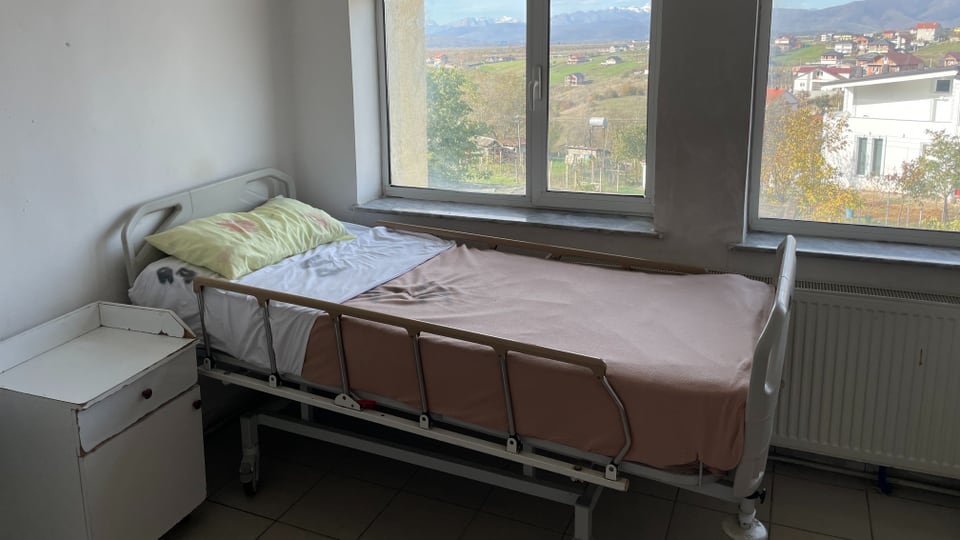
Legend:
A lack of staff is not the only problem in Albanian hospitals. The health system is underfunded and the materials are therefore outdated. Hospitals are in poor condition, especially in rural areas.
Kushtrim Kadriu
In hardly any other country in Europe is the density of doctors as low as in Albania. Many people move on straight after their studies, most of them to Germany. As in Switzerland, there is a shortage of doctors and nursing staff. The workers from Albania are therefore very welcome. Some clinics in Germany even cover the training costs.
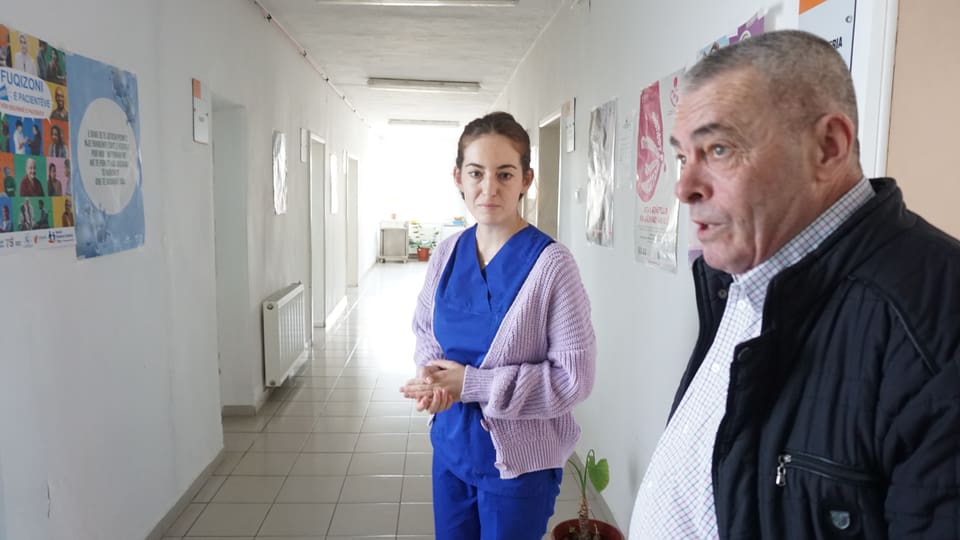
Legend:
It is becoming increasingly difficult to find young nurses or doctors. Some doctors are already retired because of their age, but continue to work because of the lack of new blood.
Kushtrim Kadriu
In order to stop this exodus, the government has presented a law that requires young doctors to work in Albania for at least five years after completing their studies. Medical students have been protesting against this for months. Due to a ruling by the highest court, the law has been suspended for the time being.
Lost faith in a better future
Migration researcher Ilir Gedeshi does not believe in such measures. Rather, the state would have to regain the trust of the people. “People are leaving not only for economic reasons, but also because they have lost hope for improvement.”
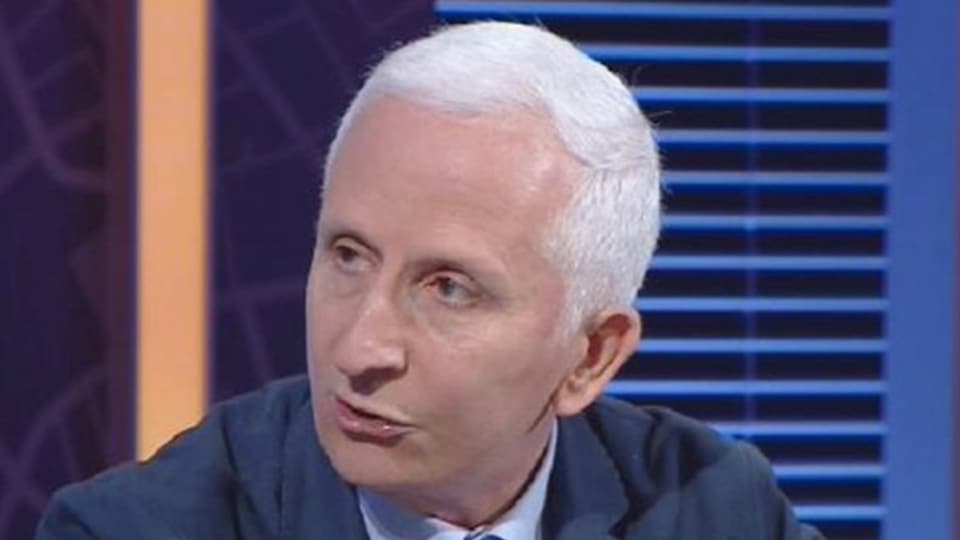
Legend:
Migration researcher Ilir Gedeshi from the University of Tirana. He doesn’t believe in quick solutions to stop migration.
zVg.
EU integration is making little progress. Corruption is widespread in the country and organized crime is strong. Prime Minister Edi Rama and his socialists have been in power for ten years and have built up a clientele system. For many reasons, a feeling of stagnation has spread among parts of the population.
Companies are feeling the shortage of workers
The economy has long been feeling the consequences of migration. “We have been having problems finding new workers for two to three years,” says Christina Gjonaj. She is the CEO of a company that exports medicinal herbs all over the world.
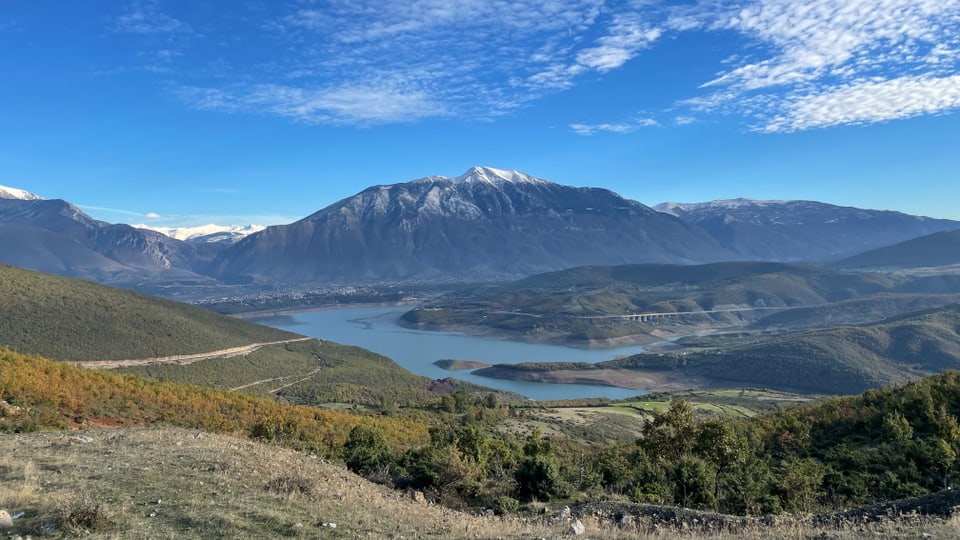
Legend:
The small town of Kukes is picturesquely located and forms the center of the region. From here, many have recently made their way to Great Britain illegally, bringing Kukes into the international headlines.
Kushtrim Kadriu
The company is therefore taking a new approach: workers from India are supposed to fill the gaps. The first Indians were recruited in the summer and a new round of recruitment is already planned.
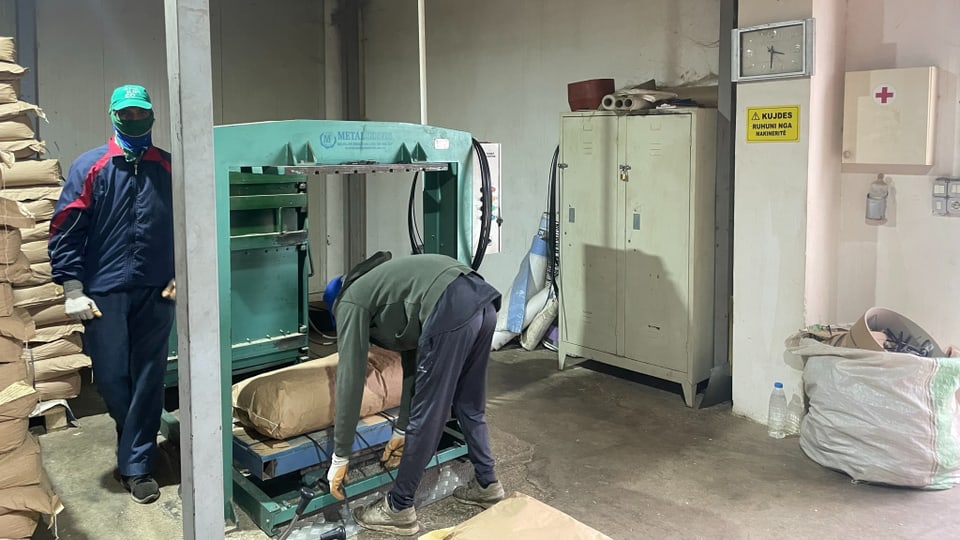
Legend:
Albania’s economy itself is now suffering from a labor shortage due to ongoing migration. That’s why companies are now also recruiting abroad. The two workers in this factory are from India.
Kushtrim Kadriu
Christina Gjonaj assumes that this will increase in the future. Because the labor and skilled labor shortage affects all sectors. As long as the conditions in Albania do not fundamentally change, the emigration is likely to continue. Especially because many companies in Western Europe are still desperately looking for staff.
